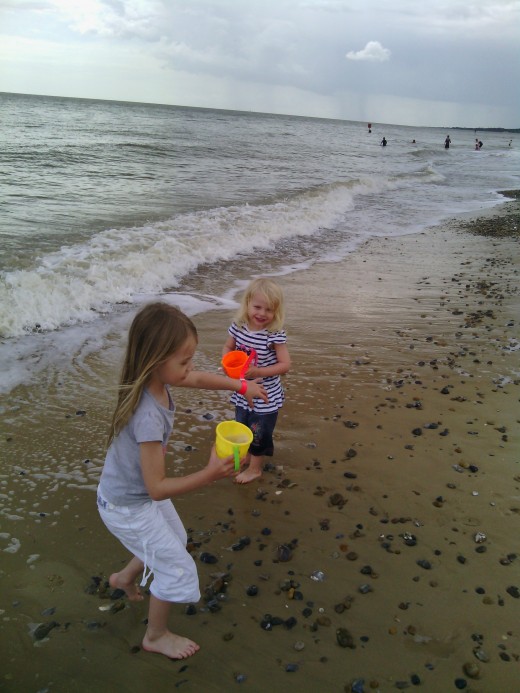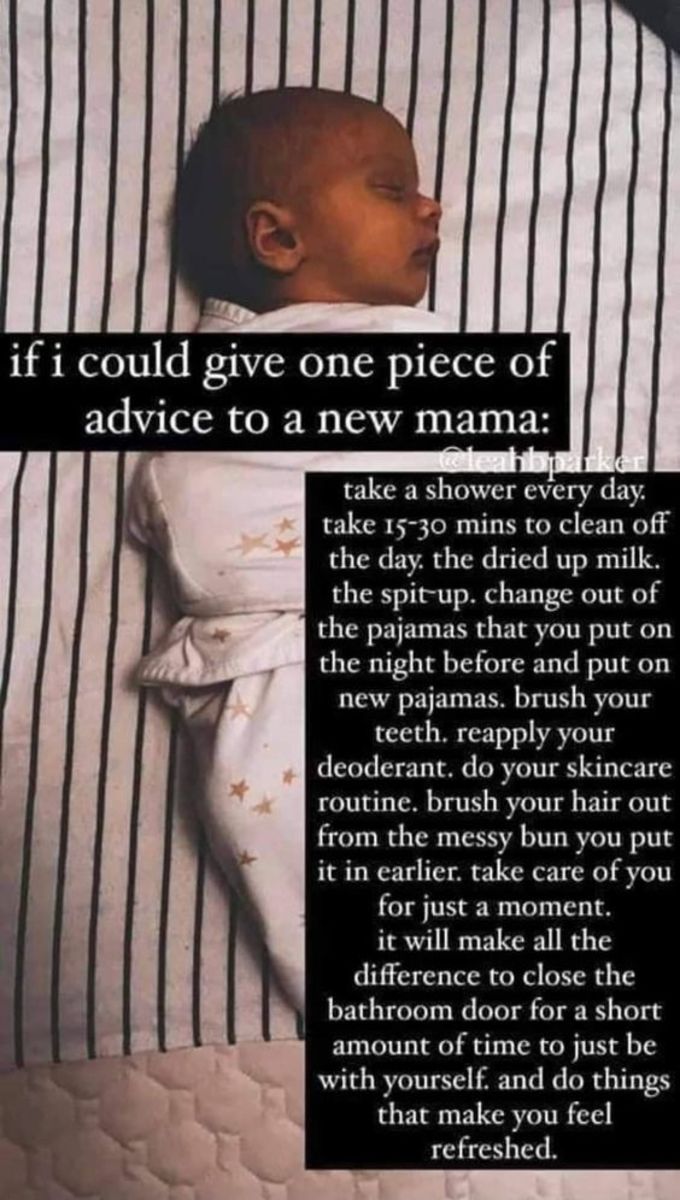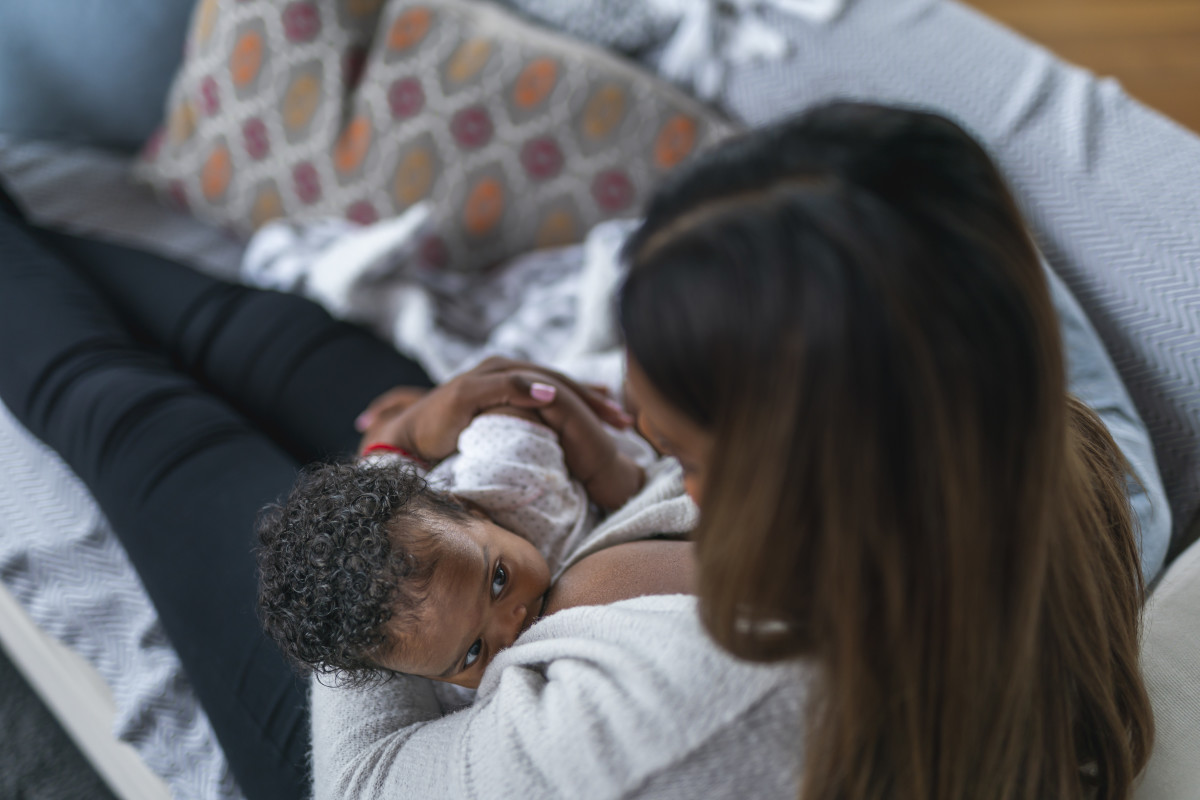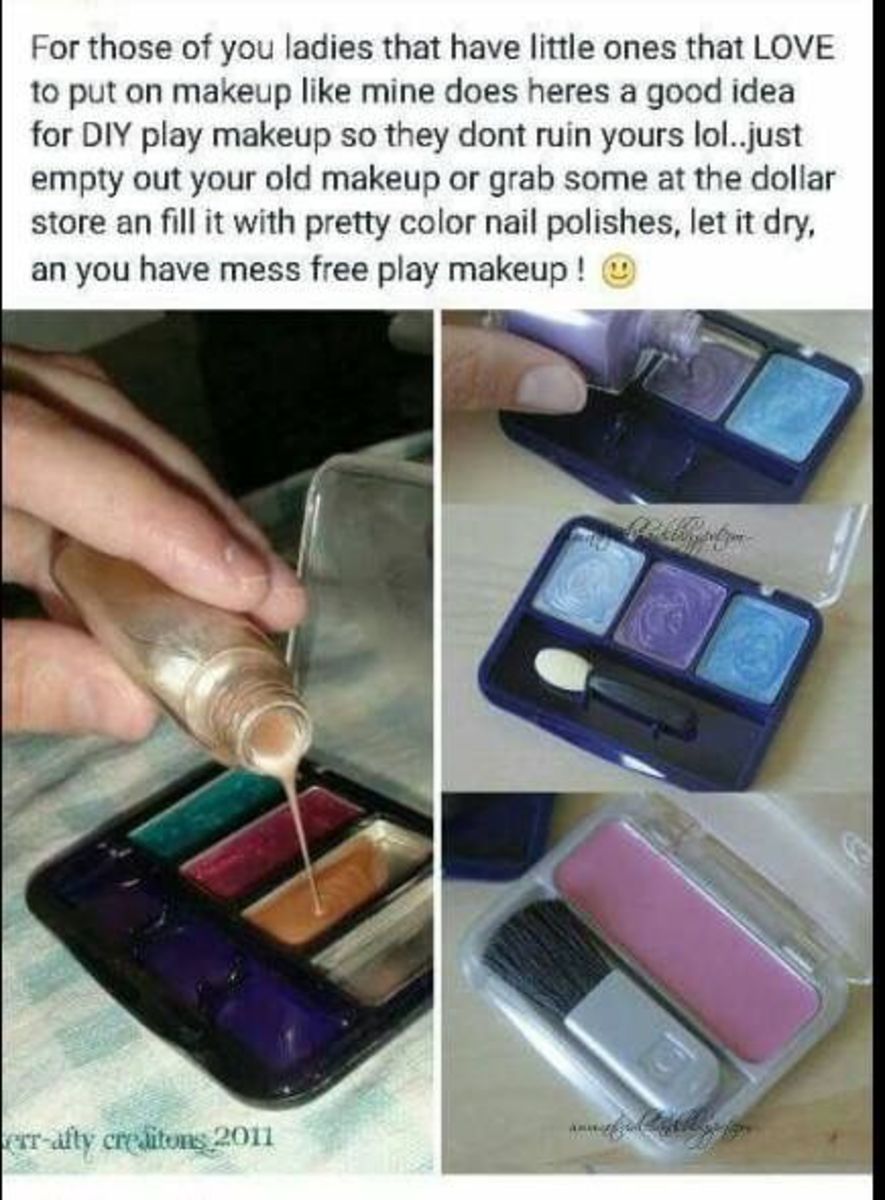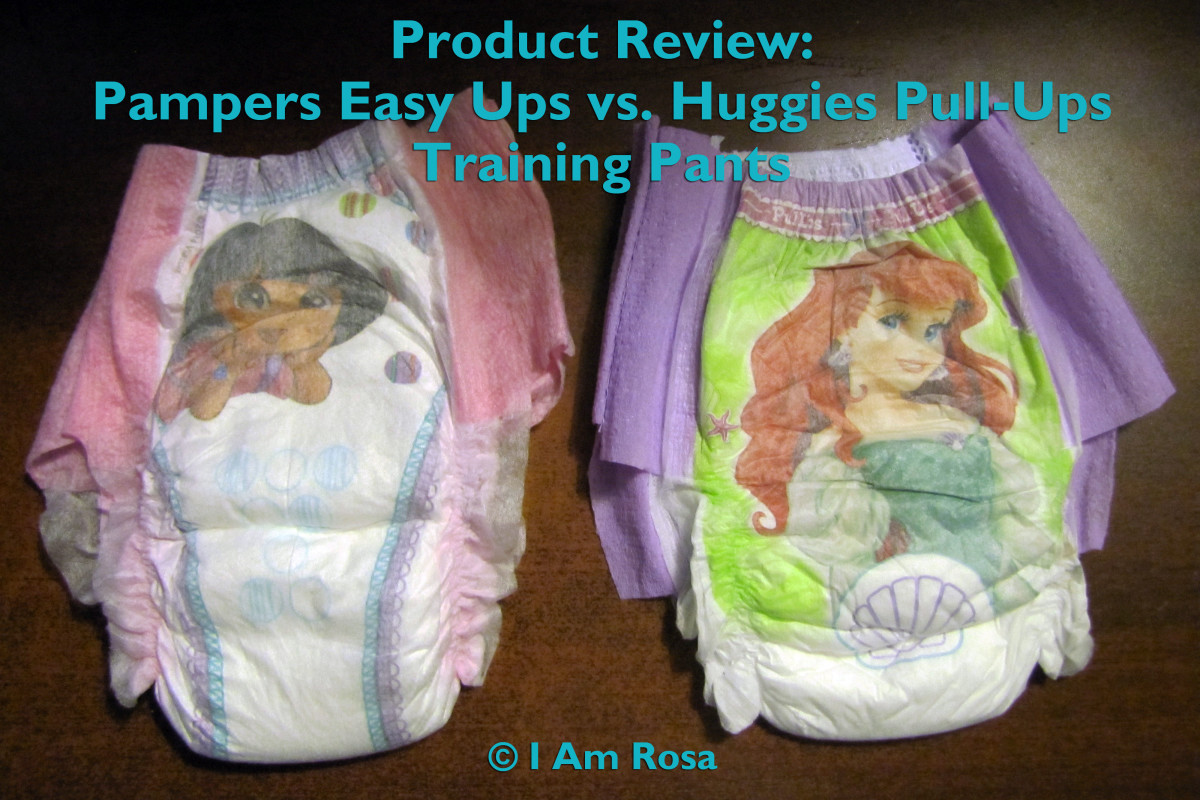Breastfeeding Past one year
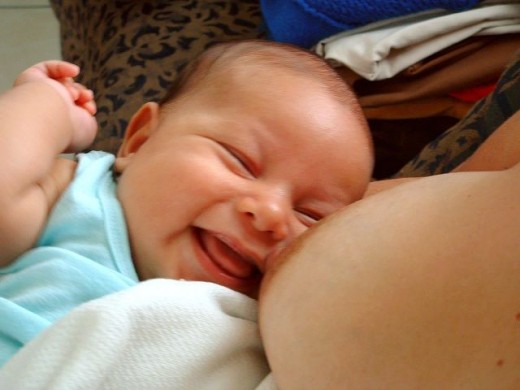
Extended breastfeeding?
When I found out that I was expecting my first child I didn't even think about how I was going to feed them. It has always seemed the natural choice to breastfeed and if possible I knew that it was for me. Nearly 3 years later and feeding a 2 year old I found out I was expecting again, and again I didn't question it.
Here I will attempt to explain why I choose to breastfeed for so long and explain some of the pros and cons. If you are considering breastfeeding past one year, I hope this lens will give you the confidence to do so.
Images courtesy of sxc.hu
My extended breastfeeding story - The beginnings
When I made the decision to breastfeed with my first I didn't realise that it was such a controversial issue. I had never really thought about it, I just assumed that everyone breastfeed (at least for a while). I joined a birth club on an on-line forum and by the time we had reached the second trimester there where several arguments already going on about which way was best to feed your newborn. I believe that everyone has the right to chose which is best for them and their families, for us however there was no contest.
Within my own family, I was lucky enough to have every ones full support on both mine and my husbands side. My husband could not have been happier as he also saw it as the natural choice. We decided that if both myself and baby took to it, that I would try to make it to the 6 month mark but put no pressure on myself if I wanted to stop early.
When Olivia was born she had her first feed within 20 minutes and took to it straight away and so we all knew that breast feeding really was the way to go despite many friends of mine deciding to go with formula. The first night was difficult. I was left on my own with her to get on with it. We muddle through and after a very sleepless night we went home.
The first six months
The first few months of breastfeeding were hard work. Olivia was a very hungry baby and I felt as if I was constantly feeding her. I had chapped and sore nipples, engorged breasts and blocked ducts. My husband was brilliant and very supportive. He had read all the books as was constantly bringing me food and drink and just keeping me company, he would also endeavour to take her in the morning so I could get that bit of extra sleep, this was to both our benefits as he could spend some time with her before he went off to work. Despite the occasional comment that we might be better trying formula our families were also supportive of our decision.
When Olivia was 2 months old my husband went away, he was in the army at the time and was given a posting away from us and we had to wait to move with him. This was the first time I saw the real importance of breastfeeding for our daughter. I was unsettled by suddenly being left on my own with a baby and she obviously picked up on this. During this period the only thing that would settle her was the breast and the close contact with me. I am not sure what things would have been like if we had been bottle feeding but I have a feeling it would not have been as happy.
Throughout this we were both still set that we had made the right choice and were doing the best thing for our baby and as time went on it became easier and we managed to find a routine of sorts which suited us all. The next thing we faced was pressure to start solids at 4 months, before either of us felt she was ready. I must admit we caved and tried her with baby rice at four and a half months however it was clear that she was not ready so we stuck to our resolve and waited until six months. Even after solids were established she still preferred breast milk to anything else and I continued to feed on demand.
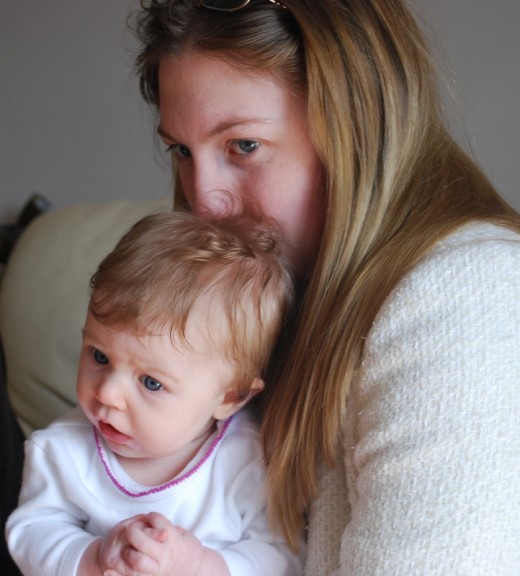
We made it to 1 year!
When we reached 6 months my husband and I reassessed how long we wanted to breast feed for, at the time the consensus was that most mothers stopped feeding at this point however the Food Standard Agency recommended that a child should be breastfed for at least one year and the World Health Organisation recommended at least 2 (now 3) so we pushed on to see if we could complete a year. My husband went away again when she was 8 months old and was away for 2 months, again the breastfeeding had the same effect and I believe that it allowed us to settle into the new routine more easily than we otherwise would have done.
When Olivia was about nine months old and cruising around the furniture, we started receiving negative comments as our friends and family became less supportive of our efforts due to it seeming 'weird'. Even the most supportive members of our family started saying that 'she is no longer a baby, she is nearly a toddler and shouldn't be breastfed', I believe that without the support of our closest friends and Olivia's god parents, who were of the same mind as us, we would have given up at this point. But we kept on going as Olivia was thriving and both she and I were enjoying breastfeeding. I did however give up breastfeeding in public. I had always felt frowned upon for feeding her in public but by this point I decided I couldn't handle the looks of disgust any longer. I do think that it is a sad thing when a woman feels they cannot do the most natural normal thing for her baby for the risk of offending a stranger.
As she started walking our friends and family seemed to realise that we were in it for the long haul and finally stopped the comments as long as I did not breastfeed around them, this saddened me as it was an important part of our and Olivia's lives that they would rather not know about.
1 Year and beyond
After her first birthday Olivia decided she did not want to feed as much and we chose to follow her lead. She was still feeding two to three times a day, morning, night and afternoon but was clearly more dependant on her solid meals than her milk. As she started to cut her feeds down and looked like she was weaning herself we decided to try for another baby.
At around about 18 months she did a complete U-turn and she decided that she wanted five feeds a day again, this was short lived however and as she neared her second birthday she dropped to two feeds a day and a month before she turned two she was only wanting a bed bedtime feed.
Shortly after Olivia turned two we found out that we were expecting a second child and decided to see if Olivia was ready to be weaned from the breast. As it so happened this was easier than my husband imagined and within two days and with no tears or tantrum she had come off completely and as naturally as we could have hoped for.
I am happy that not only did we make the decision to breast feed but that we decided to feed longer than the norm. We both feel that we have given our daughter the best start in life that we could, the whole experience brought us close together as a family and I wouldn't change a moment of it.
Our second daughter has since been born and we are six months in to what I hope will be another rewarding extended breastfeeding experience. I am sure that we will face the same challenges as well as some new ones but this time around we all feel better equipped to deal with them and will make the decisions I feel right for my family.
Breastfeeding products on Amazon
The good and the bad
For me the good experiences of extended breastfeeding were the family bond it gave us, my husband included. Also the pride that my body could grow and sustain our daughter for nearly three years (including pregnancy) and the sense of achievement we have when we look at our daughter now, a healthy, happy and well adjusted three year old.
But with the good always comes the bad. The biggest negative of extended breast feeding that we found was the comments. Sometimes we received negative comments from various friends and relatives about the fact that they thought it was weird that our daughter could ask in works for the breast and that we had been feeding long enough bah blah blah.These made us feel a bit sad as we knew that we were doing right for our daughter. The other big negative was the weariness invoked from large feeds an older child means a bigger stomach.
Is breastfeeding for you?
Did you or your partner breastfeed your children?
Breastfeeding in the UK vs other countries
My experience with breastfeeding is that although women are encouraged to try breastfeeding (and last year 81% tried), by the time the child reaches 6 weeks the percentage of breastfeeders drops dramatically to only 48% and by 6 months only 25% of mothers continue to feed. Also breastfeeding in public is rare. On the occasions that I have breastfeed in public I always feel frowned upon. The reactions that I received to breastfeeding for so long have on the whole been negative. This said, when I was pregnant and post partum with my second daughter was brilliant. There seems to have been a recent change in the attitude of the medical profession or maybe just a push to get the positive view out there. In 2011 the department of health withdrew funding for the nation breastfeeding awareness week.
"Every year more than 200,000 mothers stop breastfeeding in the first few days and weeks - 90% of these mothers would have liked to continue. In Norway, Canada and Sweden more than 90% of mothers start to breastfeed and most continue without problems." Rosie Dodd of the national childbirth trust.
Which is right for you?
There is no right or wrong, just what is right for you.
Breast or bottle
Breastfeeding past 1 year
This video gives some great point on the benefits of extended breastfeeding, but be warned preceding them is some quotes from other people with more negative views.
Breastfeeding along with appropriate complementary foods up to two years of age or beyond
World health organisation recommendations
How long do the WHO recommend breastfeeding should continue?
Health advice on breastfeeding
The medical advice regarding breastfeeding is constantly changing and varies from country to country. Currently in the UK the food standards agency recommends exclusive breastfeeding for 6 months then to continue for at least one year. The world health organisation recommend breastfeeding until the age of two years and beyond.
The benefits of extended breastfeeding
The benefits of breast feeding are pretty well known, they include: Improved immune system for the child, baby weight loss for the mother, its free and is tailored to your baby etc. However the benefits to extended breastfeeding are less well known. For me the biggest benefit is the bond that it gave between my daughter and me. I have the feeling that I have given her the best start that I can.
The science tells us that for every year a woman breastfeeds they reduce the their chances of osteoporosis, several different types of cancer including ovarian and breast cancer. The Journal of the American Medical Association reported in 2005 that "For each year of breastfeeding, a woman decreases her chances of getting type 2 diabetes by 15 percent"
For the child, in the second year of breastfeeding, 2 feeds per day will provide:
29% of energy requirements
43% of protein requirements
36% of calcium requirements
75% of vitamin A requirements
76% of folate requirements
94% of vitamin B12 requirements
60% of vitamin C requirements
There is also a lot of evidence to support the fact that extended breastfeeding reducing the risk of many types of illness including:
- Ear infections
- Bacterial meningitis
- Respiratory infections and viruses
- Sudden infant death syndrome (SIDS)
- Asthma
- Allergies (nasal and skin)
- Urinary tract infections
- Gastrointestinal infections
- Diarrhea
- Lymphomas, leukemia and Hodgkin's disease
- Autoimmune thyroid disease
- Type 1 and type 2 diabetes
- Ulcerative colitis and Crohn's disease
- Necrotizing enterocolitis
- Multiple sclerosis
- Obesity
- Bacteremia
- Celiac disease
- Botulism
- Pneumonia
- Lung disease
- High blood pressure
- Anxiety/stress
- Bed-wetting
- Nearsightedness
As well as the supposed increase in intelligence.
Update - Extended breast feeding again!
Well I have now reached the one year breastfeeding milestone with my second daughter so am officially extended breast feeding again. This time around has been easier as I have found my family and friends have been more supportive but the medical profession are still changing there mind. Oh well, I feel I am doing the best thing I can for my children so will carry on regardless.
Update on and update
I have now stopped breast feeding my youngest daughter and am so please that I was able to do what felt right for our family in feeding for as long as I did. My aim with telling my own experience is not to try and convince you that you should breast feed or that you should feed for as long as I did but to give confidence to those who wanted to but felt they couldn't because of social pressures etc. At the end of the day everyone should do what is right for there own family. My girls are now aged 3 and 5 and are happy, healthy and wonderful. Weather my extended feeding had anything to do with this I don't know but I am happy with choices we made as a family.
